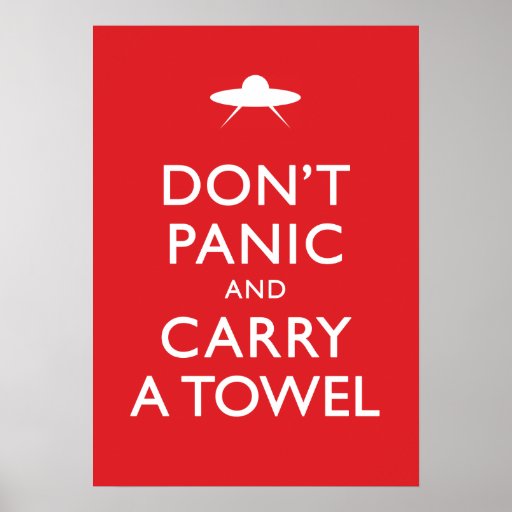Yes Virginia, there is hope for Jewish Education!
- Ira
A Challenge to Change
By Arielle Branitsky
In reviewing blog posts from the calendar year thus far, it is clear to me that those who think about Jewish education are thinking about change. There have been discussions about informal versus formal education, religious school versus camp, and new models of Jewish education involving more individualized approaches to achieving goals. There is discussion of multiple intelligences, and the need to offer something compelling.To me, all of this can be summarized as "what we are doing is not working" and "we need to regroup." Neither of these ideas is new or surprising, but they continue to reinforce the mindset that the system, as it currently exists, is not achieving its goals. Our challenge as a community of educators is to begin transitioning from "needing to regroup" to actually regrouping. Whether we apply ideas discussed previously or think of entirely new ones, we need to experiment with change.
Change is scary. It's difficult. In order for change to occur in these environments, not only do we need to change, but we need to convince others to change as well. We need to inspire our colleagues, the families we serve, and the leaders we partner with to join us in creating this change. Even if all of these individuals agree that change is necessary, inspiring them to join us in creating that change will be an uphill battle. There will be resistance. But despite this, as leaders, it is our job to manage this change and the resistance it might engender.
Jewish education takes place in many different environments. While the Day School model can offer the broadest and most in-depth offering of topical content, other models must spend more time deciding what to teach. I do not think this has to be the case. All Jewish education can and should include opportunities to learn Hebrew, Torah, customs and rituals, Jewish history, and ethics. In the schools that already do this, the question becomes: is it working? Are student actually learning the material or are they merely skimming the surface of it as a means to an end?
There are many educators who are implementing new models of Jewish education in their educational settings. There are religious schools trying Shabbat models and offering alternative options to students, including monthly trips to camp. There are schools shifting their curriculum to an experiential format, and programs are being created to allow the learner to design their own course of learning. However, there are also many who are being held back from trying out new ideas by fear. Fear of the many hours, months, or even years that it might take to change the culture of their institution. Fear of the nay-sayers in their communities and fear that what they achieve will not be any better than what currently exists.
I understand that often big ideas exist in a world of "easier said than done," but as we move through 5774, I offer this challenge to my colleagues: stomp out these fears. If you believe that what you are currently doing is not working, create something new and implement it. Test out your new and improved ideas for Jewish education. The more we test, the more support we can offer for the change we want to see. The sooner we learn what works in our changed models, the sooner we can improve them and get closer to a system that works.
My hope for this year is to learn about the new and innovative things that educators are doing. I hope that when I use the word "unique," I use it confidently, assured that a program truly is one of a kind. I want to know that the field of talented people I am joining is not just one where people talk about their challenges but rather, one where people work towards change and challenge me to join them in making Jewish Education work.
Arielle Branitsky is in her final year of the Joint Masters in Jewish Education and Nonprofit Management at HUC-JIR's New York campus. Arielle grew up in Toronto, Ontario, where she attended Jewish Day School, and graduated from York University with a Bachelor of Arts in Religious Studies and Communications Studies. Prior to her studies at HUC-JIR, she worked for Hillel at the University at Albany, and was the Ontario Region Director for USD/Hagshama. Arielle is also a fellow in the MA Concentration through the iCenter, and is thinking a lot about Jewish camp and leadership development.


No comments:
Post a Comment